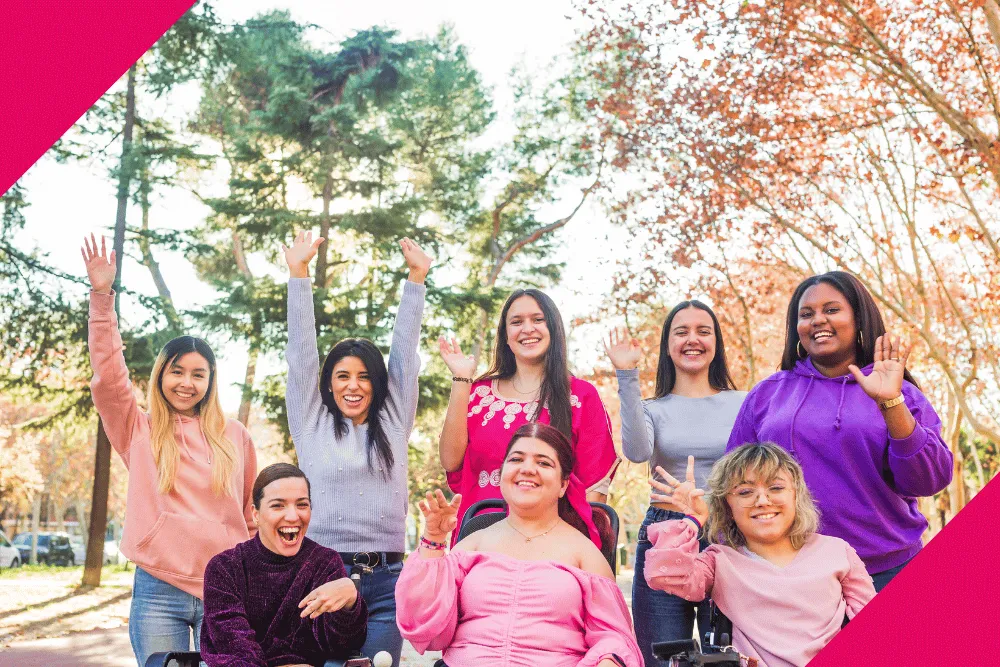The National Disability Insurance Scheme (NDIS) plays a pivotal role in supporting Australians with disabilities, aiming to enhance their quality of life and promote independence. Central to this mission are Support Coordinators, professionals who assist NDIS participants in navigating the system, connecting with services, and achieving their personal goals.
Understanding the Role of an NDIS Support Coordinator
An NDIS Support Coordinator’s primary responsibility is to help participants understand and implement their NDIS plans. This involves:
- Connecting Participants with Services: Identifying and linking participants to appropriate NDIS-registered providers and community supports.
- Building Capacity: Empowering participants to manage their supports independently over time.
- Coordinating Supports: Ensuring a seamless delivery of various services to meet the participant’s goals.
- Addressing Challenges: Assisting participants in overcoming barriers and resolving issues related to their supports.
Support Coordination is categorized into three levels:
- Support Connection: Assists participants in understanding their plans and connecting with services.
- Coordination of Supports: Focuses on strengthening participants’ abilities to manage and coordinate their supports.
- Specialist Support Coordination: Provides specialized support for participants with complex needs, ensuring consistent service delivery.
Each level requires a distinct set of skills and expertise, with Specialist Support Coordination demanding a higher level of experience and qualifications.
Related: How to Become an Independent NDIS Support Worker
Educational Pathways and Qualifications
While there’s no mandatory degree to become an NDIS Support Coordinator, having relevant qualifications can significantly enhance your prospects. Common educational pathways include:
- Vocational Qualifications: Certificates or diplomas in areas like Individual Support, Disability Services, or Community Services. For instance:
- Certificate III in Individual Support (Disability)*
- Diploma of Community Services
- Bachelor’s Degrees: Degrees in allied health fields such as Social Work, Occupational Therapy, or Psychology.
These qualifications equip aspiring Support Coordinators with foundational knowledge essential for the role.
Gaining Relevant Experience
Practical experience in the disability or community services sector is invaluable. Potential avenues to gain experience include:
- Volunteering: Engaging with organizations that support individuals with disabilities.
- Entry-Level Positions: Working as a support worker or in similar roles within the disability sector.
Such experiences provide insights into the challenges faced by participants and the workings of support systems.
Essential Skills and Competencies
To excel as an NDIS Support Coordinator, certain skills are crucial:
- Communication: Effectively interacting with participants, families, and service providers.
- Organizational Skills: Managing multiple participants, services, and administrative tasks efficiently.
- Problem-Solving: Addressing challenges and finding solutions to support participants’ goals.
- Empathy and Compassion: Understanding and valuing the experiences of individuals with disabilities.
- Knowledge of the NDIS: Staying updated with NDIS policies, procedures, and best practices.
Undertaking Specialized Training
Several organizations offer training programs tailored for Support Coordinators:
- Support Coordination Academy: Provides entry-level training combining beginner and intermediate levels, available as self-paced online learning.
- Team DSC: Offers a 2-day intensive workshop designed for individuals new to the role, focusing on practical skills and knowledge.
- Future Focus: Delivers tailored training programs in Support Coordination and the broader NDIS landscape, adhering to high industry standards.
Engaging in specialized training enhances your understanding of the NDIS framework and equips you with practical tools for effective support coordination.
Obtaining Necessary Checks and Clearances
Working within the NDIS requires certain clearances to ensure the safety and well-being of participants:
- National Police Certificate: Demonstrates a clean criminal record.
- Working with Children Check: Required if supporting minors.
- NDIS Worker Screening Check: Ensures suitability to work with individuals with disabilities.
These checks are mandatory and must be maintained throughout your tenure as a Support Coordinator.
Developing a Strong Professional Network
Building relationships with service providers, community organizations, and other stakeholders is crucial. A robust network enables you to:
- Stay Informed: Keep abreast of available services and resources.
- Collaborate Effectively: Work seamlessly with various professionals to support participants.
- Advocate for Participants: Ensure participants receive the best possible services tailored to their needs.
How to Find Work as an NDIS Support Coordinator
Once you have the necessary qualifications and experience, the next step is to secure a job as an NDIS Support Coordinator. Here’s how:
1. Search for Job Opportunities
Many NDIS providers, disability service organizations, and community support agencies hire Support Coordinators. Some popular job search platforms include:
- Seek
- Indeed
- Ethical Jobs
2. Apply for NDIS Registration (If Self-Employed)
If you want to work independently, you must register as an NDIS service provider. The registration process includes:
- Applying through the NDIS Commission
- Providing proof of qualifications and experience
- Completing audits and compliance checks
More information on provider registration is available on the NDIS Quality and Safeguards Commission website.
3. Gain Experience Through Internships or Entry-Level Roles
If you are new to the sector, you might start as a Support Worker or in an NDIS administrative role to gain experience before transitioning into a Support Coordinator position.
4. Network with NDIS Providers and Participants
Building relationships with providers, therapists, and community organizations can help you secure job referrals and stay informed about job openings.
Salary and Career Progression for NDIS Support Coordinators
How Much Do NDIS Support Coordinators Earn?
The salary for an NDIS Support Coordinator varies based on experience, qualifications, and employer.
On average:
- Entry-Level (0-2 years): $65,000 – $75,000 per year
- Mid-Level (2-5 years): $75,000 – $90,000 per year
- Senior Support Coordinator (5+ years): $90,000+ per year
Self-employed Support Coordinators can earn more depending on the number of clients they support.
Career Growth Opportunities
- Senior Support Coordinator – Specializing in complex cases and providing mentorship to new coordinators.
- NDIS Plan Manager – Transitioning into financial administration for participants.
- Team Leader or Manager – Overseeing a team of Support Coordinators within an NDIS organization.
- NDIS Consultant or Trainer – Conducting workshops and training new Support Coordinators.
Is Becoming an NDIS Support Coordinator Right for You?
Becoming an NDIS Support Coordinator is a fulfilling career for those passionate about helping people with disabilities live independently and achieve their goals. It requires a mix of compassion, problem-solving skills, and organizational abilities.
By obtaining the right qualifications, experience, and training, you can build a successful career in this growing sector.

